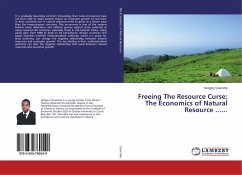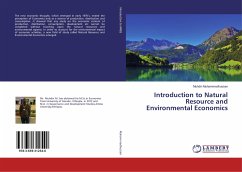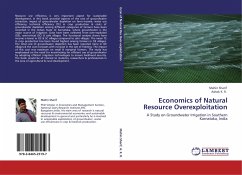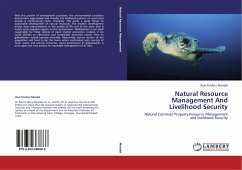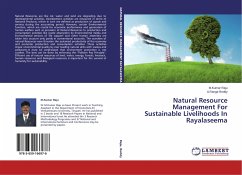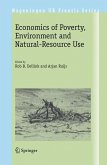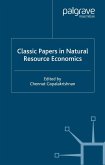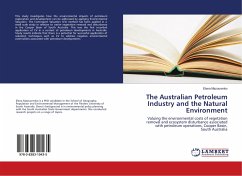It is gradually becoming common knowledge that natural resources have not been able to make positive impact on economic growth of countries. In that, countries rich in natural resources tend to grow at a slower pace than the resource-poor countries. This occurrence is one of the reasons behind many defections and militant groups against state authority in many resource-rich countries, especially those in sub-Saharan Africa. Using panel data from 1980 to 2010 on 34 sub-Saharan African countries, this paper examines whether institutionalised authority, which is a proxy for state authority, can change the negative relationship between natural resources and economic growth. The key finding is that, institutionalised authority can alter the negative relationship that exists between natural resources and economic growth
Bitte wählen Sie Ihr Anliegen aus.
Rechnungen
Retourenschein anfordern
Bestellstatus
Storno

